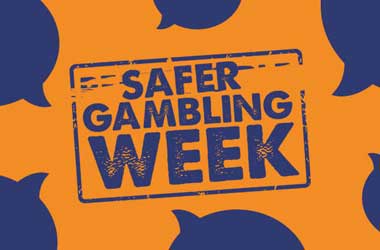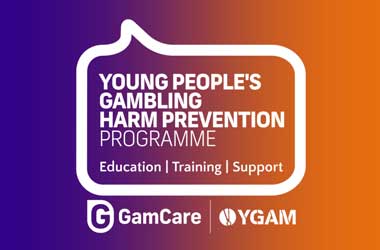
- More Irish people could be dealing with problem gambling issues based on an ESRI report
- Ireland does not have sufficient methods in place to accurately determine the extent of problem gambling
- The Irish gambling sector is set to be overseen by a new regulatory body in 2023
Ireland needs to have a complete picture of the extent of problem gambling in the country as it prepares to launch a new licensing and regulatory regime for the gambling sector, including online gambling.
A study from the Economic and Social Research Institute (ESRI) found that the estimated rate of problem gambling in Ireland may not accurately reflect the real situation on the ground.
Problem Gambling Figures Underestimated
In December 2022, the Irish government approved the publication of the Gambling Regulation Bill which sets out the framework for a robust gambling regulatory system that fits the digital age. As part of the proposals, the country will establish a new regulatory body, named the Gambling Regulatory Authority of Ireland (GRAI) which is expected to begin operating by autumn this year.
In preparation for that, the agency commissioned the ESRI to conduct a second study to measure the scale of problem gambling in the country. Research findings will inform future gambling policies, with the GRAI committed to promoting awareness of the issue and ensuring adequate support for those affected.
Based on a previously published study which looked into the prevalence of problem gambling in Ireland, 0.3% (12,000 adults) of the Irish population are problem gamblers, while 2.3% and 0.9% are categorized as low-risk and moderate-risk, respectively. But these numbers may have been substantially underestimated, according to the ESRI.
Ireland Needs to Determine True Extent of Problem Gambling
New research conducted by the ESRI’s Behavioural Research Unit found that previous methods failed to accurately determine the extent of problem gambling among Irish residents. Current evidence shows that more people could be dealing with gambling addiction issues, and increased advertising and complex bets are among factors that entice people to gamble more, according to the ESRI report.
Trends common in other international markets are also happening in Ireland, the research notes. One of those is that men and younger players from disadvantaged backgrounds face the biggest risk of problem gambling.
Those engaged in online gambling, slot gaming machines, and other high-frequency gambling activities are also more likely to develop problem gambling, the research found.
The ESRI warned that popular online gaming features and activities, such as loot boxes and social casino games which are currently unregulated, could put minors and young people at risk of experiencing gambling harms. The report also noted that existing responsible gambling messages are ineffective.
The ESRI has urged the Irish government to focus on this crucial area and improve its research capabilities. GRAI CEO Designate Anne Marie Caulfield affirmed that addressing problem gambling will be a “critical function” for the agency.









